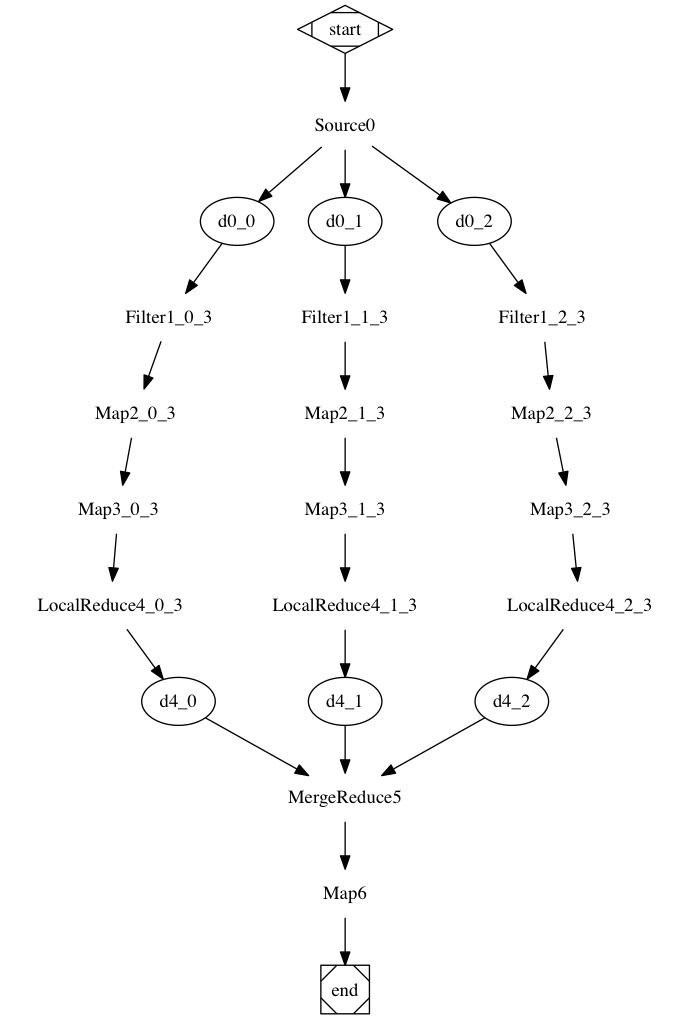redislock
Simplified distributed locking implementation using Redis. For more information, please see examples.
Examples
import (
"fmt"
"time"
"github.com/bsm/redislock"
"github.com/go-redis/redis/v8"
)
func main() {
// Connect to redis.
client := redis.NewClient(&redis.Options{
Network: "tcp",
Addr: "127.0.0.1:6379",
})
defer client.Close()
// Create a new lock client.
locker := redislock.New(client)
ctx := context.Background()
// Try to obtain lock.
lock, err := locker.Obtain(ctx, "my-key", 100*time.Millisecond, nil)
if err == redislock.ErrNotObtained {
fmt.Println("Could not obtain lock!")
} else if err != nil {
log.Fatalln(err)
}
// Don't forget to defer Release.
defer lock.Release(ctx)
fmt.Println("I have a lock!")
// Sleep and check the remaining TTL.
time.Sleep(50 * time.Millisecond)
if ttl, err := lock.TTL(ctx); err != nil {
log.Fatalln(err)
} else if ttl > 0 {
fmt.Println("Yay, I still have my lock!")
}
// Extend my lock.
if err := lock.Refresh(ctx, 100*time.Millisecond, nil); err != nil {
log.Fatalln(err)
}
// Sleep a little longer, then check.
time.Sleep(100 * time.Millisecond)
if ttl, err := lock.TTL(ctx); err != nil {
log.Fatalln(err)
} else if ttl == 0 {
fmt.Println("Now, my lock has expired!")
}
}
Documentation
Full documentation is available on GoDoc






